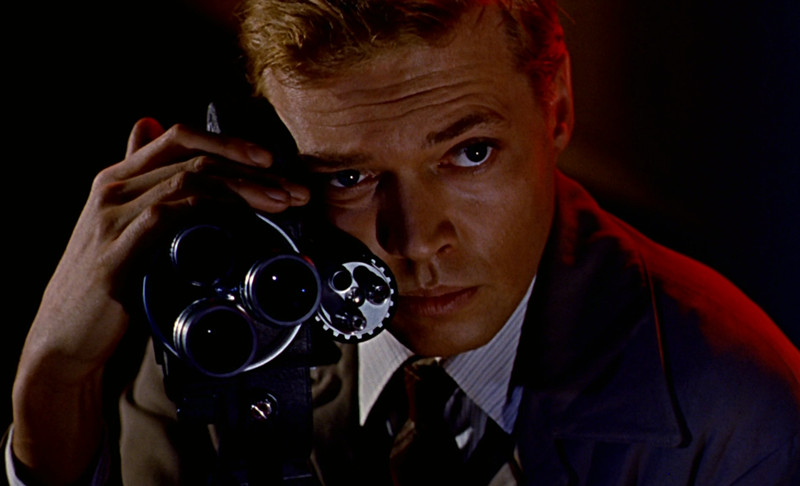
Ok movie buffs – If you had to choose a single year in horror film history to put into a time capsule for future generations, what year would it be? The task is a daunting one, and for some film fans it may set the scene for their own personal horror show. Ever since 1896’s The House of the Devil, horror films have only grown in number and sophistication, and now the catalogue is terrifyingly deep. But, as opposed to the more difficult proposition of choosing the single greatest horror movie of all time, the best year for the genre is a fairly clear pick in our eyes. We’ve plumbed the depths of the winding crypt that is horror film history to present you with 10 classic examples of scare fare certifying that 1960 is the year that had it all.
In many ways, 1960 was a year of transition; besides opening the door to a new decade of film, it also blazed a trail into a new cinematic era. Almost symbolically, both black-and-white and color movies feature prominently in this list, just as the films themselves were bridging the gap between a more heavily censored past and an age of more artistic freedom still to come.
A great cinematic awakening was underway, and these films were the laboratories for experimentation and growth which tested the boundaries of tradition. In our view, 1960 was the perfect sweet spot between conservative horror and effective horror – the ideal balance of intellectual, imaginative terror and visceral, accessible terror. Here are the 10 films which prove that 1960 was the greatest single year in horror film history.
1. Psycho – directed by Alfred Hitchcock
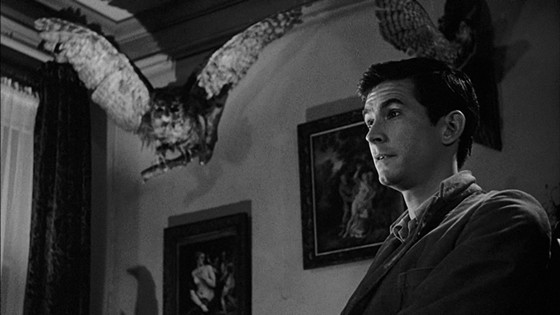
Having Psycho in its corner already gave 1960 a huge advantage in this contest. Many consider this to be the greatest horror film of all time, and for good reason – in Psycho we find the ideal combination of all the best ingredients that make up a beloved horror movie. A perfect storm of artistry and popularity merge here to create a film that transcends its own genre and its own era. Psycho barely feels like a Hitchcock movie; it lacks any dated features of the 1960’s; it confidently overthrows the popular plot formula; and it features a villain who would influence cinema for decades. Hitchcock’s masterpiece proves that quality art can also be universally loved.
The Bates Motel is by now an iconic part of cinematic history, but in 1960 it was still a mysterious little stop off the highway, full of secrets. When Marion Crane stopped there for the night, carrying secrets of her own, it felt like some kind of karmic alignment. She soon discovered the secrets of the motel and of its eccentric owner, and movie fans were blessed with a timeless classic as a result. Psycho proves year after year that it richly deserves to be one of the most popular films of all time.
2. Eyes Without a Face – directed by Georges Franju
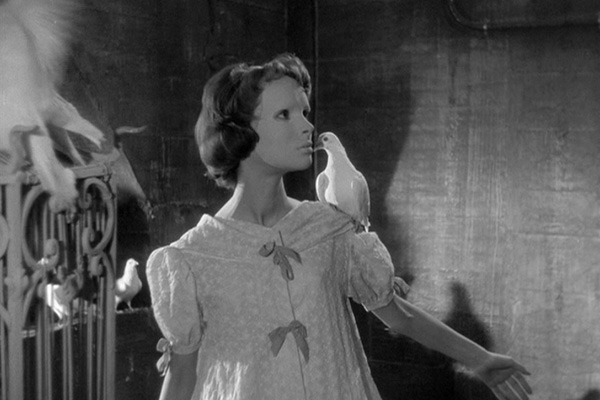
Eyes Without a Face is a gothic horror classic that’s as unforgettable as its title. It features a brilliantly mad doctor whose experiments have (unsurprisingly) led him into morally questionable territory, with a bit of a twist – his main subject is his daughter.
After causing a car accident that led to the disfigurement of her face, the father is consumed with guilt. He becomes possessed by the notion that he can make his daughter beautiful again by means of a face transplant – and thus begins his experimentations with innocent victims.
Eyes Without a Face takes a look at the well-intentioned but ultimately superficial motives of the doctor and their effects on his daughter, who begins to feel that she is valued less as his child than as his experimental subject. It’s a beautifully made film, treating its horrific topic with elegance. The atmosphere is as surreal and dreamlike as the life of the poor girl must feel to her. With its poetic artistry and escapist flourishes, it’s a moody masterpiece that welcomes regular revisits.
3. The Housemaid – directed by Kim Ki-young
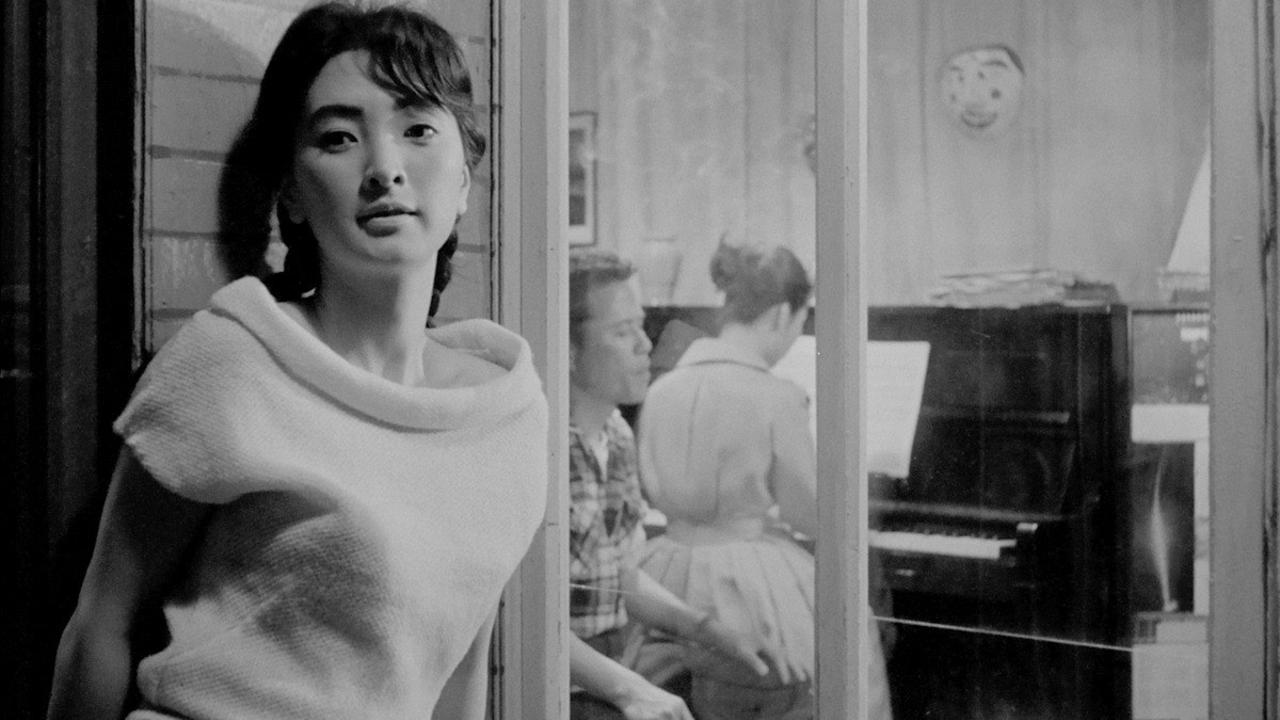
This South Korean gem is one of the greatest horror films you may have never heard of. But, now that you’ve heard of it, you’ll be doing yourself a major disservice not to seek it out. Featuring flawless performances which enhance the effect of a film already far ahead of its time, The Housemaid subtly expresses everything which 1960 censors tried to suppress.
When a pregnant and weary wife realizes that her housework has become too great of a burden, her husband starts the search for a housemaid. He finds a candidate without too much trouble, but the young woman is about to bring unimaginable chaos into their quiet home.
The horror of The Housemaid is the fear of an enemy in your own house – a terror that can’t be escaped or even acknowledged. Hounded day and night by a psychotic femme fatale, our husband hero is sure to wish he had taken up doing the dishes himself.
4. The Virgin Spring – directed by Ingmar Bergman
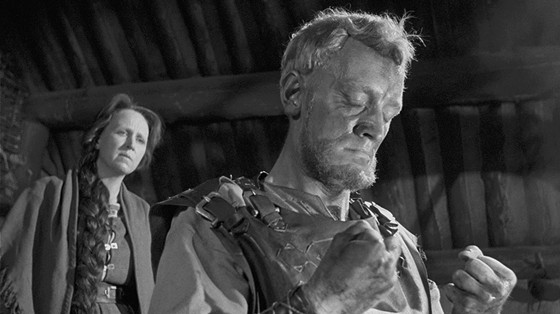
Famously inspiring Wes Craven’s later horror classic The Last House of the Left, The Virgin Spring is no less terrifying of a film – and a superior one, at that. Ingmar Bergman’s masterpiece of medieval horror is an intense tale of heartbreak and revenge. Featuring a towering and intense performance by the great Max von Sydow, The Virgin Spring sears itself into our memories on an almost archetypal level.
Adapted from a 13th-century Swedish ballad, this landmark classic continues to influence filmmaking today. Max von Sydow plays a loving father whose daughter is brutally murdered by three ruffians, who then unknowingly seek shelter in the father’s own home. As the circumstances slowly dawn on the man, a coldly calculated and efficient revenge strategy soon takes shape. The single-minded focus of the vengeful father is chilling to watch, and Bergman presents it with similar procedural objectivity. The beauty of The Virgin Spring is its mix of cinematic elegance and gritty terror. It’s truly one of the greats.
5. Peeping Tom – directed by Michael Powell
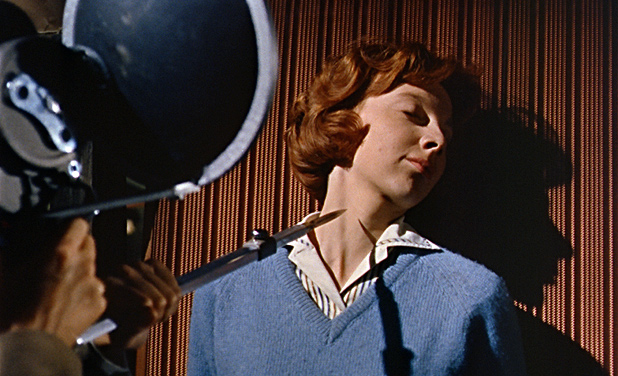
This is one of those late-blooming masterpieces which sadly suffered in popular obscurity at the time of its release. In an era of pushing boundaries, viewers stubbornly decided that Peeping Tom went just a little too far. Though the film is held in high esteem today, that is little consolation for director Michael Powell, whose celebrated career was dealt a mortal blow with the cold reception that Peeping Tom received. But alas, that is the fate of certain works of art, and today at least we see this one for the masterwork that it is.
The plot, which so offended critics and audiences at the time, is indeed a dark one – it follows a disturbed filmmaker who murders women while filming their deaths for his later viewing. But when one of his female neighbors starts spending time with him and becomes suspicious, his secret film life comes under threat of exposure. Peeping Tom is a brave movie ahead of its time, and it still has the power to chill audiences today.